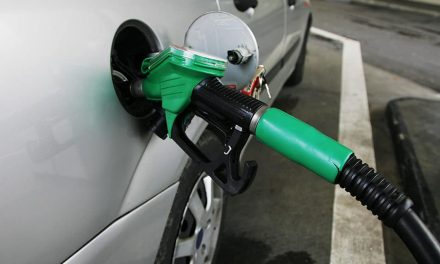Fuel prices are expected to continue to rise for so long as the exchange rate between the Zimbabwean dollar and the US dollar continues to rise. Zera chief executive officer Eddington Mazambani explained to the Parliamentary Energy and Power Development Portfolio Committee on Thursday, that global crude oil prices affect the prices in Zimbabwe. Costs associated with insurance and freight were also cited as being determinant to the local fuel price.
The announcement in the supplementary budget by Finance Minister Professor Mthuli Ncube that those with free funds who wanted to purchase fuel in US dollars could do so provided facilities were made available through Nostro accounts being opened by the field companies. This surely meant that fuel companies would seek equivalent pricing on fuel sold in Zimbabwean dollars or opt not to sell in the local unit at all. ZERA has woken up to this reality and decided to play ball. The budget introduced a further duty to be added to fuel imports and this will have an effect on pricing going forward.
The price of fuel has been a major sore point in Zimbabwe. Looking back to a furl price hike in January that coincided with other economic woes that Zimbabweans were facing and led to civil unrest and lengthy protests. Fuel prices have increased 500% in the year and ZERA has cautioned citizens to expect no change in circumstances. The Business Times recently reported on comments by the IMF who pointed out that the government of Zimbabwe had long been subsidising fuel prices without clearly reporting it in the budget. While the pricing is moving closer to free-market pricing subsidies still existed yet it was unclear how much they were costing the taxpayer.
The sticking point is that none of these price hikes have led to improved availability in any of the cases. At best we have had a temporary decline in demand that has disappeared very soon after. Another major problem has been the lack of electricity with individuals and businesses alike turning to diesel for electric generators. This has increased the daily demand with the nation requiring 1.5 million litres of petrol and 2.5 million litres of diesel per day.
With fuel being such a critical factor is transport and logistics it puts the nation in an unviable inflationary position as full on contagion will be the order of the day. An inflationary cycle that will see fuel prices go up, prices of goods & services go up, demand for foreign increase leading to an upward push of the exchange rate which will ultimately deliver another fuel price increase. This is the reality starring us in the face at present.








